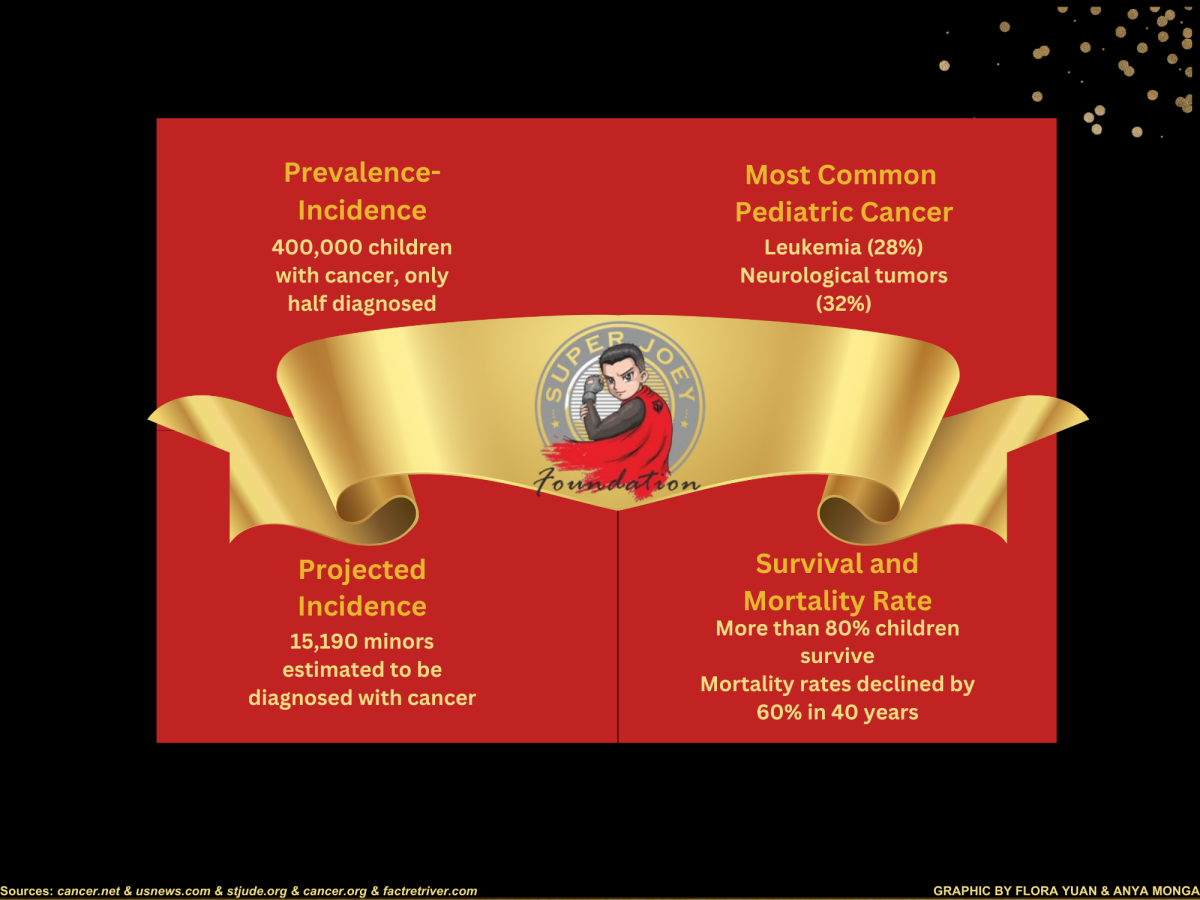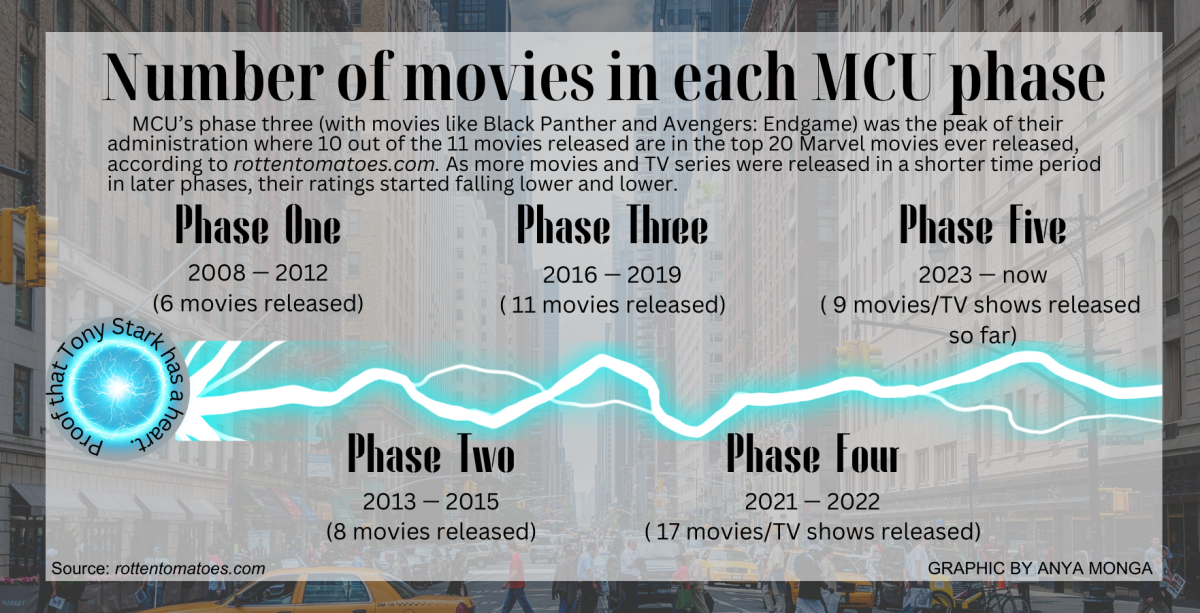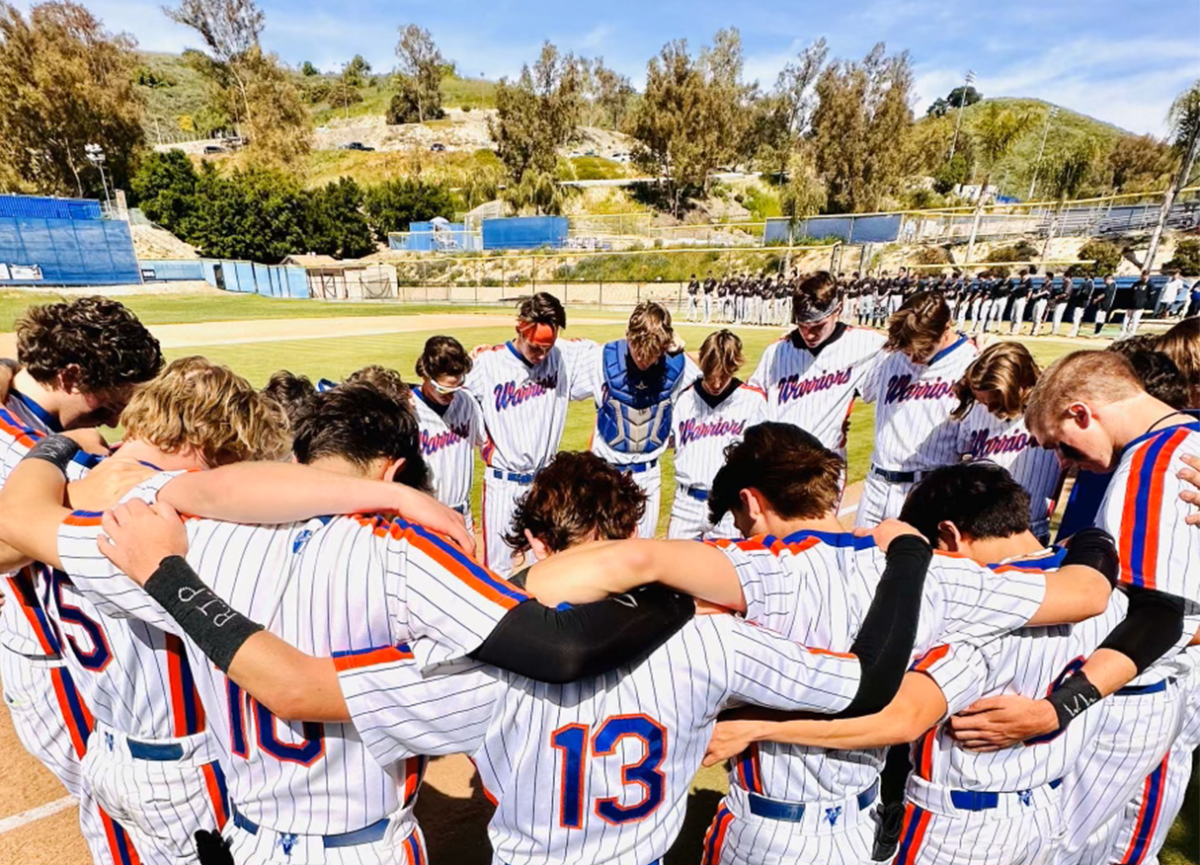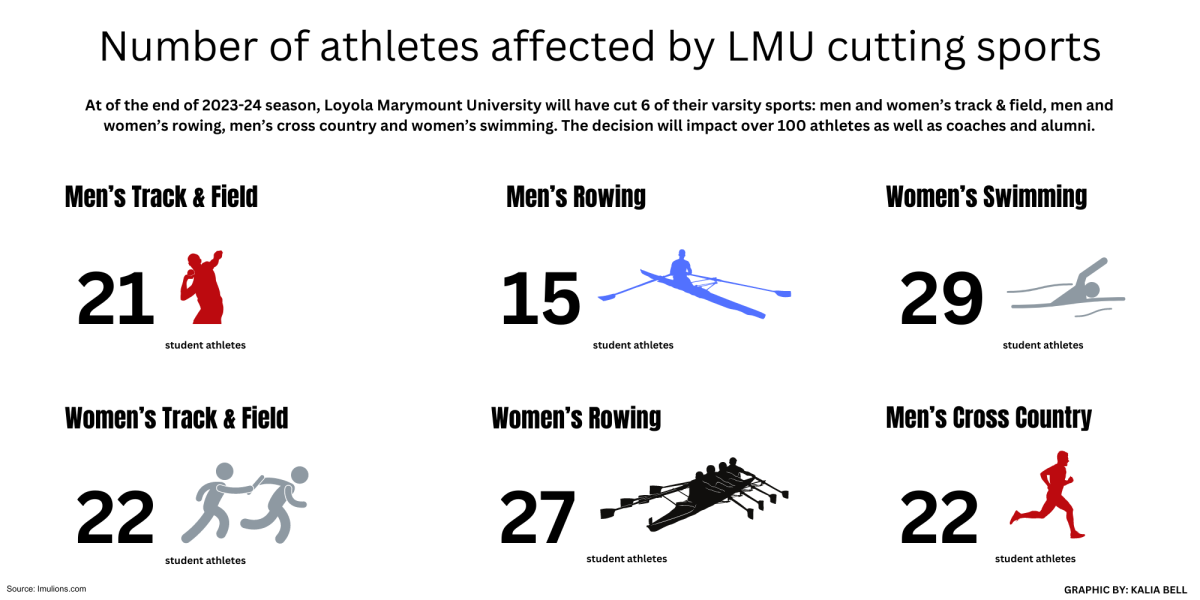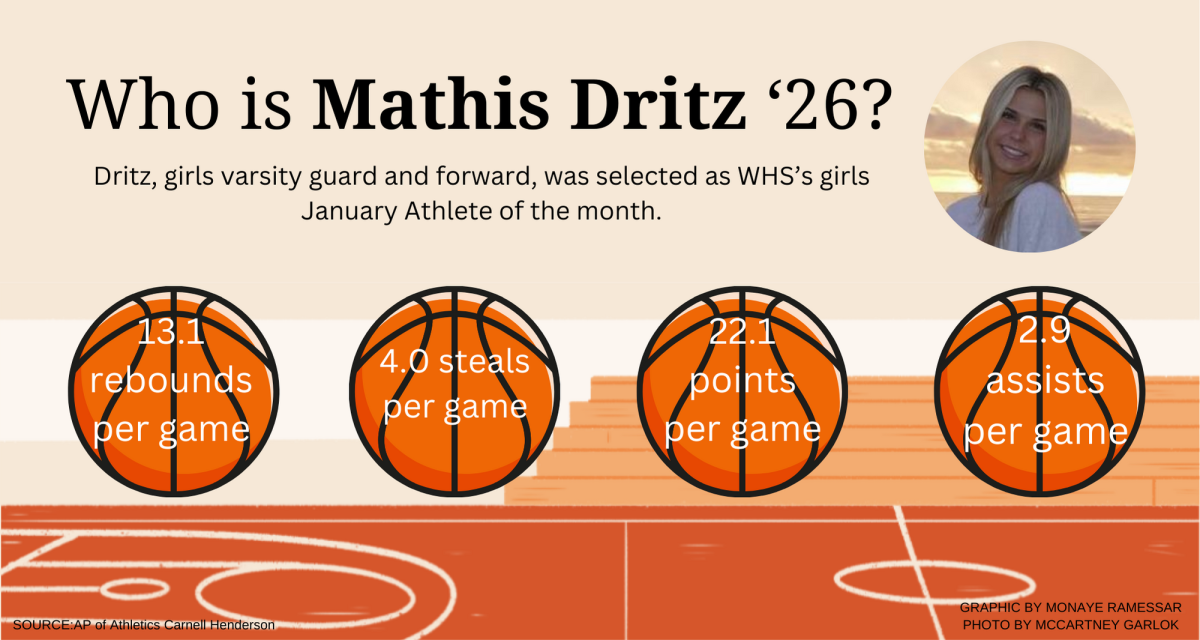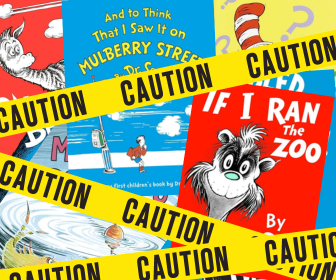WHS doesn’t prepare its students for life
Written by Margaret Teegarden
The average person will spend 15 years of their life in school. Four of these years are spent in high school, which is the final step before one goes off to college, and, ultimately, the real world.
In California, students spend an average of 1,129 hours a year in school, and this does not even take into account the amount of time spent in extracurricular activities or completing homework outside of school hours. When one spends so much time in academics, it seems obvious that this time should benefit the future.
However, while WHS’s classes may prepare one for the classes they will take in college, it does not prepare someone for what they will have to face once they are outside of the WHS bubble.
“Results from a multi-year College and Career Readiness survey of 165,000 high school students conducted by YouthTruth, a San Francisco-based nonprofit, found that 45% of students feel positive about their college and career readiness,” according to EdSource.
This means over half of the students interviewed felt unprepared for college and their future careers. With high school’s purpose being to prepare students for life as adults, the idea that many students feel unconfident about their futures brings into question the effectiveness of high school.
When looking at WHS’s classes, one will see many forms of math, science and english. There are even many different electives available, such as theater, band and various foreign languages. However, despite the diverse choices, most of these classes will not help students do what school should be meant to prepare them for.
Students spend countless hours in class learning math formulas, specific ways to analyze literature and other topics that are only important in school. They take tests on their knowledge of these concepts and these tests affect the students’ grades, which are, to many, considered extremely important. Colleges depend on grades as one of the main aspects in choosing which students to accept, so grades and thus the knowledge learned in classes are often seen as one of the most crucial parts of a student’s life.
However, once students leave high school and attempt to thrive in their own careers while living with minimal support from their parents, the quadratic formula and the many forms of figurative language will not help them at all.
These aspects might come into play if the student pursues a specific career that utilizes this knowledge, but it will not be useful when it comes to paying taxes, finding and interviewing for jobs and facing other day-to-day problems such as making a budget and staying safe in unknown environments.
While WHS’s current classes can help students learn and prepare for some specific careers, it lacks classes that will help its students in aspects outside of academics. While easy to deem unnecessary when students are young, this factor becomes increasingly more crucial as students grow older.
WHS is thriving with its many academic classes. Minimal changes are needed for this aspect, as it is constantly enforced and developed to meet students’ needs. So, the focus now needs to turn to the other side: WHS needs to implement more classes and programs to help its students not only prepare for their academic lives, but also for the lives they will live and navigate through for many more years of their lives.
WHS does prepare its students for life
Written by Sophia Haines
I think everyone has had at least one stress-induced breakdown in their room around 2 a.m. upon realizing that only half of their homework is done and that they do not understand the entire unit that they will be tested on in a matter of hours.
As draining as this may feel at times, the constant juggling of school with extracurriculars helps high schoolers develop mechanisms for time management and coping with the anxiety of everyday life. These skills are necessary for survival in the real world.
It is no secret that there are far more responsibilities to juggle once one reaches adulthood with rent to pay, work to do and children to raise.
High school is a place where teenagers can learn to manage their stress with healthy coping mechanisms, such as listening to music or winding down with a hot bath. These methods can benefit them when they go off into the world and become adults.
Along with coping mechanisms to handle the stress that comes with adulthood, high school forces students to learn effective time management which is necessary in order to facilitate a balance between working and maintaining a family or social life.
WHS also teaches students how to conduct themselves in a professional environment. There is no doubt that the transition from an educational environment to that of a workplace can feel terrifying, but school has endowed us with the capability to handle that transition. High schools across America teach us to respect teachers and one another which is crucial to survival in a workplace environment, as non-compliant and unprofessional employees have trouble succeeding in many workplaces.
Furthermore, high school is a place where teens can mature and learn from their mistakes when there is little at stake beyond a grade in a class.
Although grades sometimes seem like a necessary key to access a successful future, high school grades matter very little in the adult world and disappear once one enters college, whether it is a community college or a four year.
Obviously, humans make mistakes all the time, but a forum that is relatively low-risk, like high school, provides students a time and place in their lives where they can learn from small mistakes and develop a strong moral code.
High school is also a place where students learn to build a strong support system, whether it’s through family, friends or a trusted adult that can help them through emotionally trying periods of life, which can come up often for emotionally charged teenagers. This support system is necessary to carry oneself through the stressors and tragedies that are all too common in the human experience and offers up cheers of encouragement for motivation.
Some may say that school neglects lessons that are vital to adulthood, like how to do taxes or balance a checkbook. However, I would argue that school was never intended to do those things. In fact, they specifically neglect those areas of learning because those lessons were intended to be taught by parents and guardians.
For the students who never received such a life lesson, there are various resources all over the internet that are intended to teach people those exact things. The learning done in high school is meant to give students basic knowledge about a variety of subjects and possibly spark an interest to pursue in college or life.
In addition to accomplishing this goal, high schools teach students to mentally cope with the many stressors that come along with adulthood.







